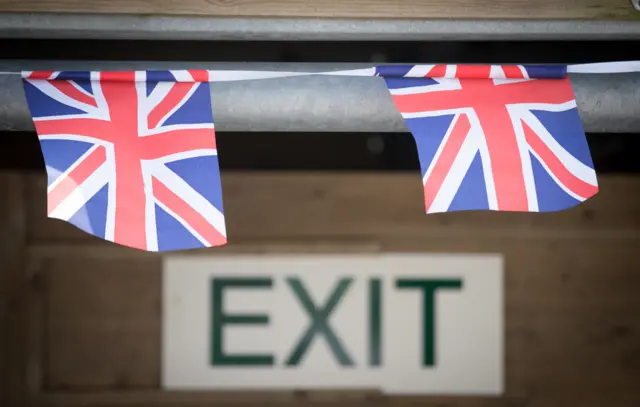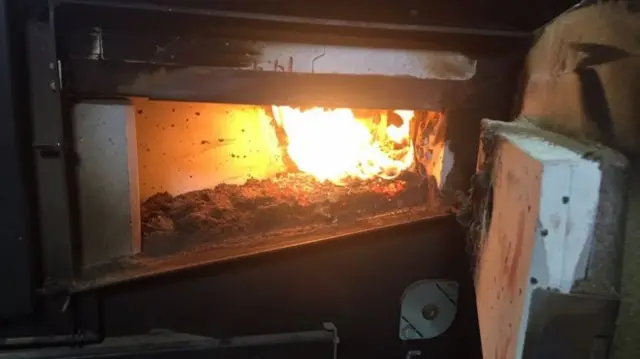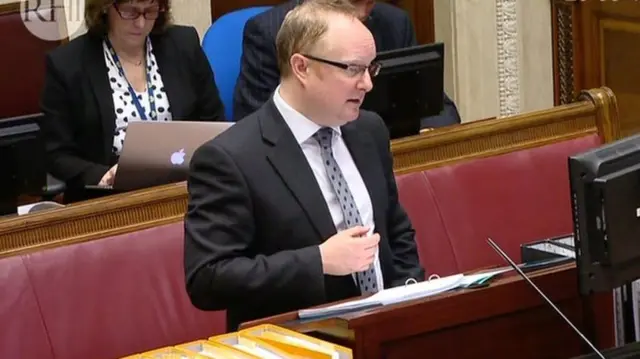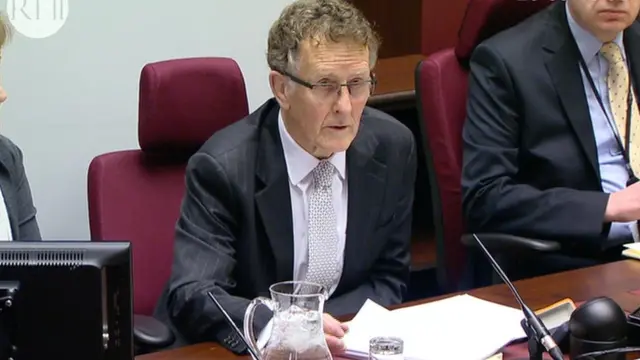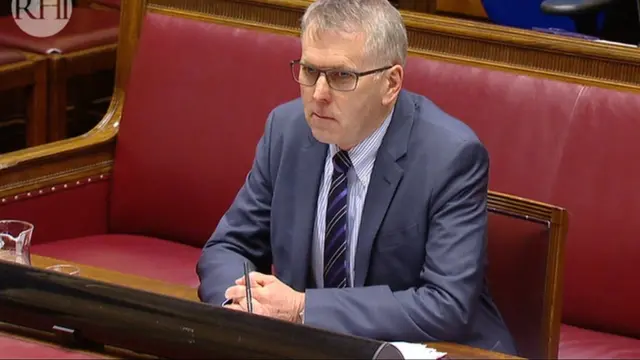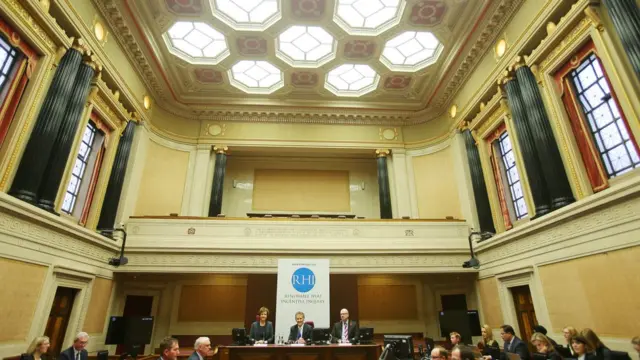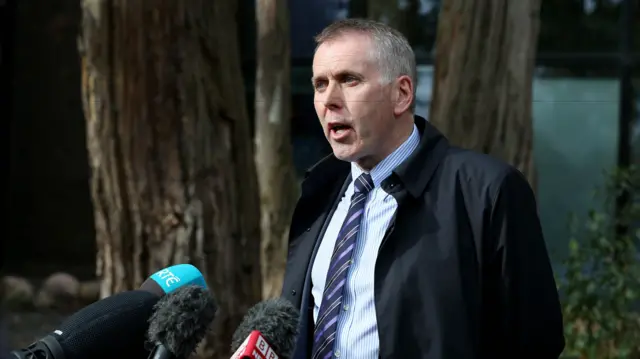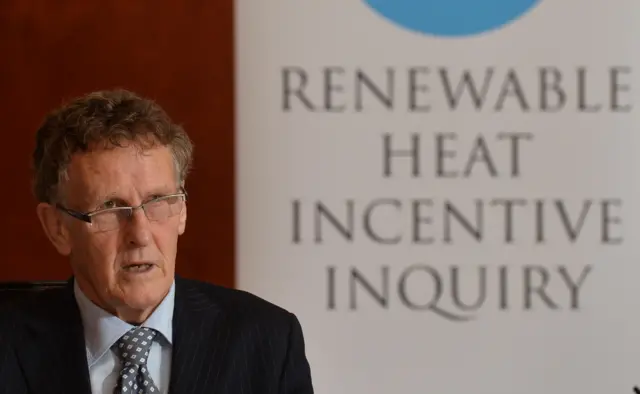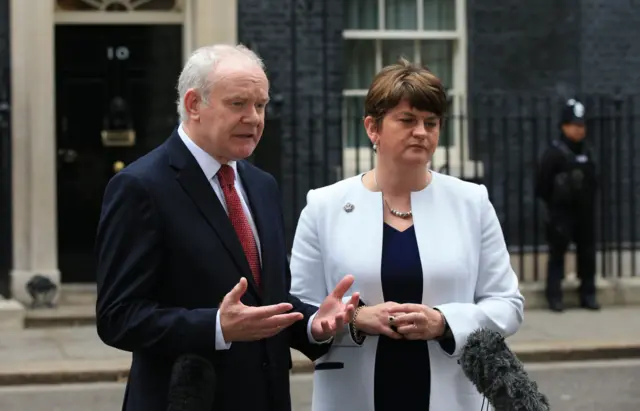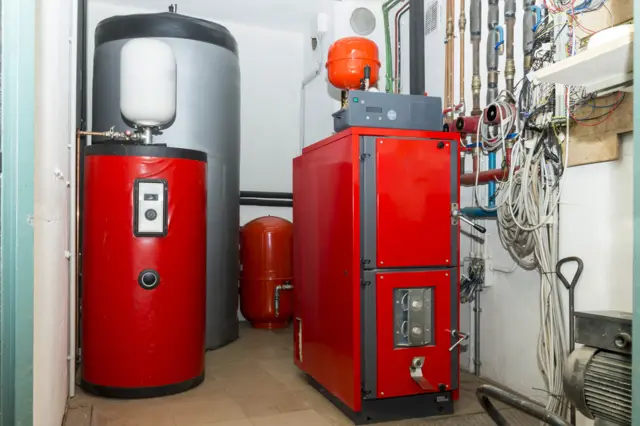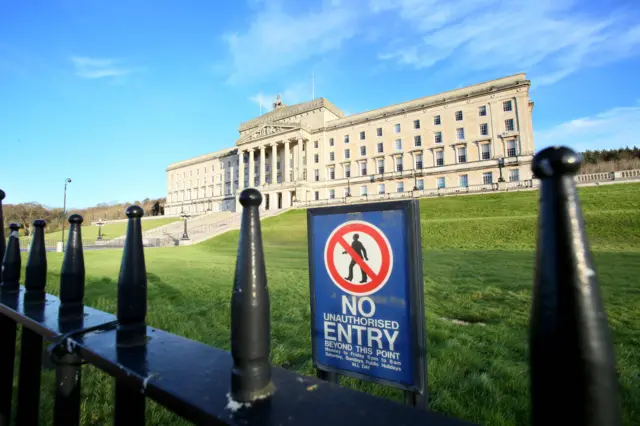'No-one said it was reckless to proceed with scheme'published at 11:55 GMT 20 March 2018
Mr Sterling has previously told the inquiry that DETI's energy division was stretched and had resource pressures.
The inquiry counsel asks if that's simply a polished civil service way of saying "energy division had too much on its plate".
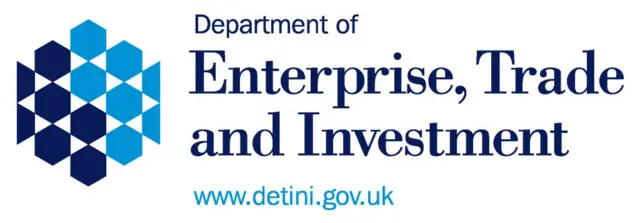 Image source, DETI
Image source, DETIMr Sterling says DETI tried to provide extra resource to meet the division's requests, adding: "Nobody came to me and said: 'I think it's reckless to proceed with this project because we're under-resourced.'
"If anybody had, I would have taken cognisance of that, and either stopped the project or done something else."

